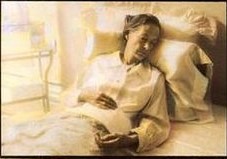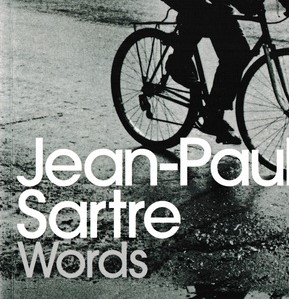This is one of the most beautiful and best books that is ever written about human suffering; a true masterpiece. It is no exaggeration on my part to say so, and those who have read and liked it would agree with me. I have seen the musical and a miniseries, but the book surpasses them all. In my opinion, nothing can be compared with the book. Reading this was such a rewarding experience.
While many areas including politics, progress, religion, morals are discussed in this lengthy work, the story as we all know is the story of Jean Val Jean, a victim of human injustice. Val Jean is an unorthodox hero – a social outcast. Through his story, Hugo brings to life the immense suffering the underprivileged class goes through. This is the central theme of the story. The physical suffering, the mental agonies, the moral dilemmas the people of this class go through are heartbreaking. Poverty, lack of education, ignorance, and negligence of the rulers have heavily contributed to the dreary lives and living conditions of this deprived class. Hugo penetrates deep into their lives and captures their misery sincerely and sympathetically. His compassion for them flows through his heart-touching writing.
The background to the story runs from the eve of the battle of Waterloo to the Paris insurgency of June 1833. Hugo presents an account of these turning points of French history to the readers while entwining his story well with it. The chosen background in which the story is set gives Hugo the freedom to freely express his political and social perspective.
Jean Val Jean, Fantine, and Cosette are the main characters Hugo creates to portray human suffering. Hugo covers all classes with them. There are other minor characters too, but these three characters stand out in the story for the unaccountable miseries they go through. Jean Val Jean, as was said above, is the hero. He is constantly persecuted by society and by the law. The early encounter with the bishop Bienvenu helps him to replace his hatred with love; love for the god and mankind. He starts a new life and becomes successful, and remembering the kindness and guidance of the Bishop, he becomes generous and benevolent. Society reaps all the benefits and law respects him, only till his identity is revealed. When his identity is exposed, both law and society become his pursuers, feigning a blind eye to his virtues. This cruelty is shocking and heartbreaking. The despair he goes through of being a social outcast all his life no matter how reformed and close to god he has become is strongly portrayed. Hugo accuses the society of its cruelty, condemns their actions, and shows that despite the stones cast at Val Jean, his faith in God and his righteousness are never impaired. He suffers, yet forgives and loves. Hugo brings out a Christ-like hero in him.
One shouldn’t, however, think that Les Misérables is only about misery and suffering. There is also love and happiness. There is fatherly love between Val Jean and Cosette, and love and perfect bliss between Cosette and Marius. These happy relations pour sunshine into the story amidst the heavy, dark clouds.
Hugo’s writing is beautifully descriptive, poetic, passionate, dramatic, and emotion arousing. I cannot recall a book that broke my heart as much as this book did. There were many moments that I truly cried. And there were certain parts that were too painful to read. These include two heart-stricken moments, one concerning Val Jean when he revealed his true identity at Champmathieu’s case and to Marius, and the other is when the insurgency is described where many innocent and youthful lives were lost fighting for an idealogy.
The book has been criticized for its too detailed historical accounts. Perhaps they are too detailed, but for my part, I found them informative and helpful to fully understand the backdrop in which the story is written.
The story, apart from the historical details, was emotionally exhausting, but at the same time rewarding. I loved the read, although it mercilessly broke my heart. Thank you, Hugo, for leaving with us such a remarkable and unique literary treasure.
Rating: 5/5



